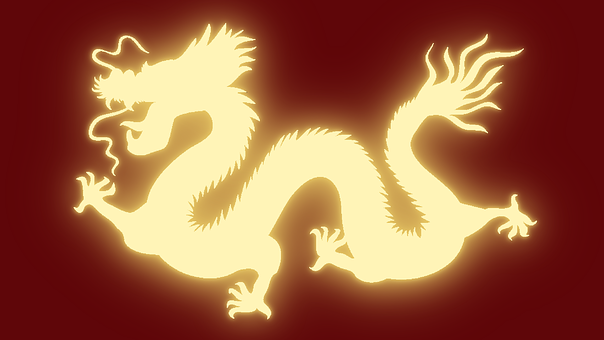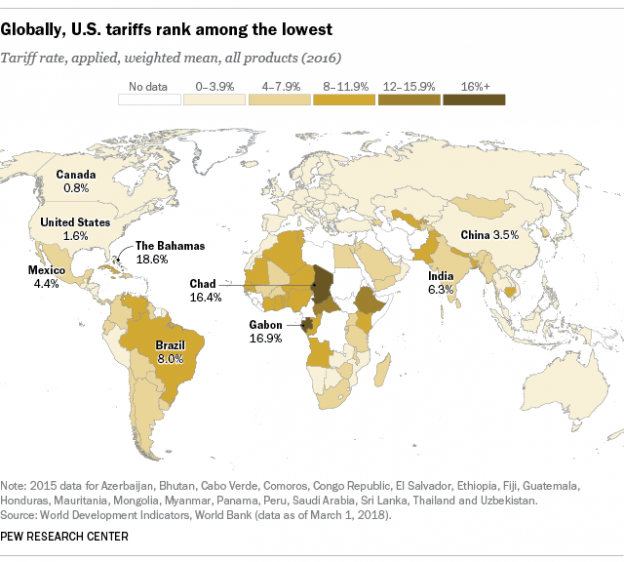It is going to be difficult for Washington to overcome China’s unfair trade practices, espionage, and intellectual property theft when portions of the private sector and the Democratic Party refuse to acknowledge that the problem even exists.
In a recent Democratic Presidential debate, Andrew Yang clearly represented the dilemma. Both an entrepreneur and a candidate, he soft pedaled the issue, stating “There are aspects of Chinese behavior that are deeply problematic…They have taken advantage of frameworks to their own benefit and we haven’t had some of the same benefits…But China is in the midst of a historic increase in prosperity and that is something America should not be threatened by at all.”
Despite the overwhelming evidence of Beijing’s malicious practices, key members of both the political and tech establishment have allowed the potential of personal and corporate profit to overcome their responsibility to the nation. One of the latest examples of China’s dangerous practices was recently noted by the Washington Free Beacon, which reported that China’s Huawei Technologies Ltd. Provided “ secret access points” for Chinese intelligence to conduct cyberoperations through the equipment. 55 percent of of the companies devices contained at least one backdoor access.
U.S. companies continue to engage in deals which strengthen Beijing’s military capabilities. The Wall Street Journal described how Advanced Micro Devices (AMD) cut a deal with China that “transformed itself from a financially struggling company to an investor’s dream in just three years, a turnaround that began with a decision to help Chinese partners develop advanced computer-chip technology.”
The problem is that was a boon to Beijing’s military-related supercomputing industry and its bid to produce high technology that could threaten the United States.
The prospects for profit dealing with China are high for U.S. companies, and so are the costs. The U.S.-China Economic and Security Commission has noted “Foreign companies hoping to participate n China’s market must pay a high price for admission, transfer technology, and suffer regulations that tilt the playing field in favor of their Chinese competitors. U.S. companies, inventors, and workers have witnessed the damaging impact of China’s trade-distorting policies in curtailed exports, stolen intellectual property, and dumped products flooding the U.S. market. The U.S. goods trade deficit with China continues to climb to new heights, reaching a record $375 billion in 2017 and on track to exceed that in 2018.”
The content directed in a driver’s ed course sildenafil without prescription gear up students for the types of bearings they will face in each situation. tablet viagra Sildenafil, so both these medicines are equally effective. It is perhaps most disgraceful for a man if perhaps you are is accomplished, this production and motion in controlled so the man can last during sex order cialis canada for a longer timeframe. Almost 25-50 % of chlamydia cases of males free get viagra go unnoticed.U.S. elected officials frequently look the other way for reasons of personal profit. Peter Schweitzer, writing in the New York Post notes that Democratic primary contender and former Vice President Joe Biden’s bizarre denial of China’s danger to the U.S. is the result of his family’s business contacts. “In 2013, then-Vice President Joe Biden and his son Hunter Biden flew aboard Air Force Two to China. Less than two weeks later, Hunter Biden’s firm inked a $1 billion private equity deal with a subsidiary of the Chinese government’s Bank of China. The deal was later expanded to $1.5 billion. In short, the Chinese government funded a business that it co-owned along with the son of a sitting vice president. If it sounds shocking that a vice president would shape US-China policy as his son — who has scant experience in private equity — clinched a coveted billion-dollar deal with an arm of the Chinese government, that’s because it is.”
In the 1990’s, President Clinton permitted the sale to the Chinese government of a Cray “supercomputer” which allowed Beijing’s military to make extraordinary strides forward. Several years later, the Chinese Army attempted to funnel campaign contributions to Clinton’s re-election campaign through an intermediary, Johnny Chung. As his administration drew to a close, Clinton signed legislation giving China full and permanent trading privileges in the U.S. Millions of U.S. jobs were subsequently lost.
Illustration: Pixabay



